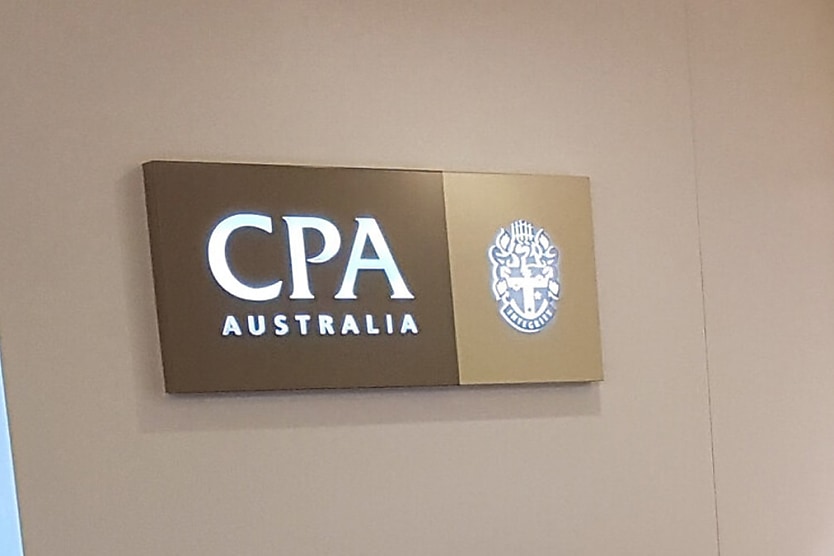Workers must prepare for looming super guarantee increase
SHARE THIS ARTICLE

Ahead of the increase to the superannuation guarantee on 1 July, accounting body CPA is encouraging workers to check how this will impact their take-home pay.
CPA Australia has welcomed the increase to the superannuation guarantee (SG) and is urging the community to use this time to evaluate how the increase may impact their long-term savings.
Set to change on 1 July 2025, the increase in the guarantee would see the minimum contribution that employers were required to make to their employees’ superannuation funds rise from 11.5 per cent to 12 per cent.
Richard Webb, CPA superannuation lead, said the increase could make a substantial difference to retirement savings over time.
“For a young person on $60,000 a year, the increase translates to an extra $300 in their super account every 12 months. But depending on investments and fees, the cumulative effect of that increase could ultimately be worth thousands by the time they retire,” he said.
Webb flagged that though CPA believed the increase would have a positive long-term effect on retirement savings, workers would need to check if their employer was making the extra contribution or whether it would come from their total remuneration package.
In a recent column submitted to HR Leader’s sister brand, Accountants Daily, Robyn Jacobson, senior advocate at The Tax Institute, said the increased SG rate of 12 per cent applied to the ordinary time earnings of salaries and wages paid from 1 July 2025 and was irrespective of when the work was done or the pay period to which the payment related.
With the SG, employers can deduct contributions in 2024–25 only if the payment was made by 30 June 2025.
Webb reinforced the importance of workers checking their employment contract, as it could include a total remuneration package, including super, which would mean less take-home pay at the end of the month.
“However, for those on award or enterprise agreements, your pay agreement is more likely to be a salary, which means the change will not affect your take-home pay,” he said.
“It’s a good idea to check with your employer to see how they view the changes and what it means for you. Otherwise, you might get a shock if your take-home pay is a little less than expected.”
The upcoming increase to the SG would be the end of a drawn-out process of incremental increases to the minimum super contribution requirement from nine per cent to 12 per cent after being first legislated in 2012.
On 1 July, superannuation payments were also set to be included in the government’s Parental Leave Pay scheme, which Webb said was another incentive to ensure savings were on track for a “comfortable retirement”.
“There are no more legislated increases to the SG, so it’s up to individuals to take control of their super and make sure they are getting the most from their money. This includes making sure the investment and insurance options within the fund are appropriate.” Webb said.
“It’s never too late to look into growing your retirement savings, including making additional contributions to your fund before the end of the financial year. Your financial adviser will be able to help you with these decisions.”
“It’s good to have finally reached the point where Australians will receive this much-needed increase in minimum superannuation contributions – but it should not have taken this long.”
